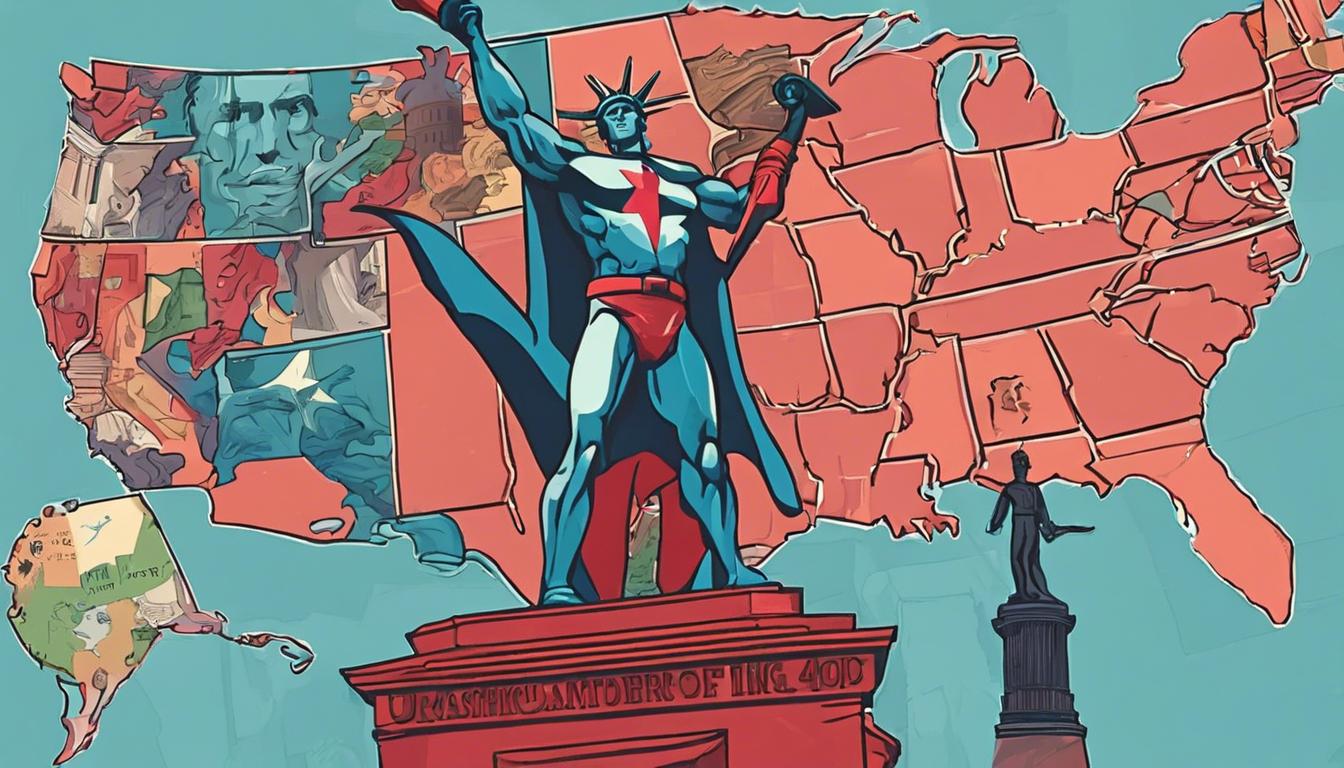In a notable legal showdown over immigration enforcement, the US Supreme Court has extended its hold on Texas Senate Bill 4, a law that would grant extensive arrest powers to state law enforcement for immigration violations, amid ongoing debates on state versus federal jurisdiction.
The United States Supreme Court has extended its block on Texas Senate Bill 4 (SB4), a contentious law that, if enacted, would allow Texas law enforcement to arrest individuals suspected of illegally entering the country. The decision to extend the block was rendered indefinitely by Justice Samuel Alito, marking a significant moment in the ongoing legal struggle over state versus federal jurisdiction in immigration matters.
SB4 has been compared to a past immigration policing law from Arizona, which the Supreme Court partially invalidated over a decade ago. This comparison underlines the law’s potential to significantly alter the landscape of immigration enforcement at the state level. The law is described as allowing police broad powers to arrest migrants suspected of illegal entry, a move that Texas officials argue is necessary to address the border crisis affecting the state. However, the Biden administration contests SB4, arguing it would infringe upon federal immigration authority and could lead to civil rights violations, including racial profiling.
The controversy stemmed from a legal battle initiated when a federal judge struck down the law in late February. However, the decision was quickly suspended by the 5th Circuit Court of Appeals, leading the federal government to appeal to the Supreme Court. The administration contends that SB4 would not only contravene federal immigration regulations but also potentially disrupt international relations and cause administrative issues for immigration laws.
This dispute between Texas officials and the Biden administration over border control measures is set against a backdrop of increasing asylum requests and immigration measures playing a central role in the political arena, especially with the 2024 election on the horizon. The Supreme Court’s decision to maintain the block on SB4 mirrors the complex interplay between state initiatives to address immigration issues and federal oversight of immigration policies, highlighting the ongoing debates over the reach and limits of state and federal powers in managing immigration and border control.













